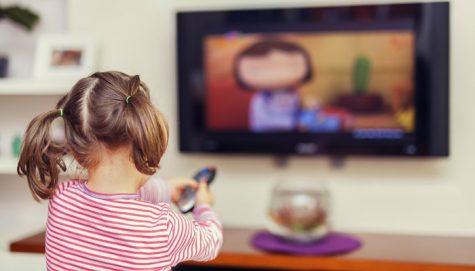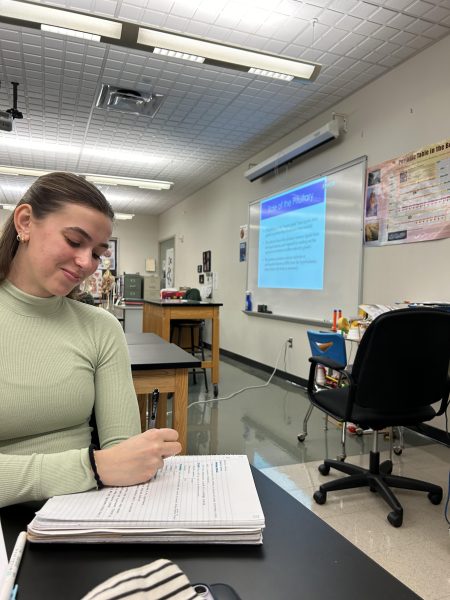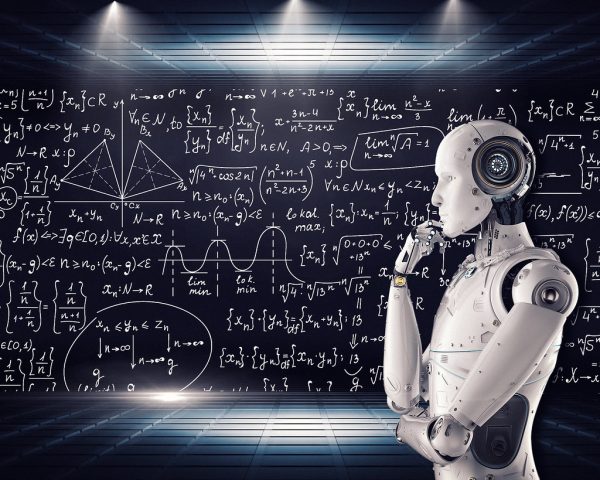Children’s Television is Negatively Affecting their Mental State
The television has been around since 1947, they first began to broadcast different shows on live TV including shows for adults, teens, and even children. However, the debate still comes around today: Is Television really helping these children? Recent studies have shown that the answer to this question is a firm no. Many children’s shows that are considered educational or helpful to a child’s developing brain, may actually be more for entertainment to the child. A study suggests that “Children who passively watch television—even those programs that are labeled “educational”—are not engaging the world with nearly the same level of intensity, opponents maintain.” Interestingly, this shows that television does not affect children’s brains like we want or expect it to.
Specific shows that are geared toward teaching children such as Baby Einstein, Mickey Mouse Clubhouse, and Sesame Street do tend to stimulate children’s brains and oftentimes expose them to things they have never seen before. The author of the 2005 Archives of Pediatrics and Adolescent Medicine Study, Frederick Zimmerman, says “Television is not inherently good or bad, It’s how you use it.” Research shows that this is true, however in most cases, parents may put on the show and let it play through with no interaction or reiteration of what the show may be trying to teach. This, in fact, is why television is ineffective in children’s learning. Instead, the unused information clutters their brains with unnecessary information that their brains can’t process without further explanation and on hand learning.
In conclusion, television shows may not be teaching these babies and children the way that they are intended to teach. Different approaches such as real-life examples and hands on interaction work much more effectively in stimulating their brains, which in turn, retains the information that is being given to them.
Sarah Trotter is a Senior at Pennridge High School. Her Hobbies include hanging out with her friends and family, shopping, and exercising. Her goal is...










